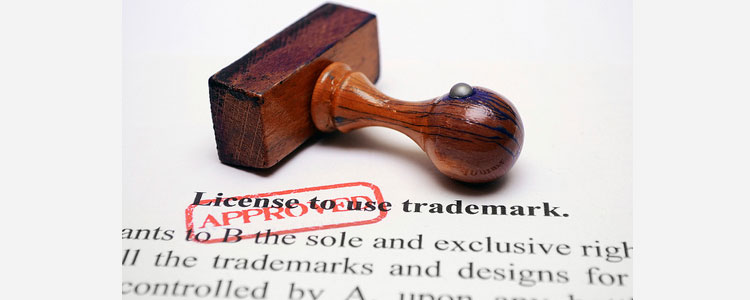If you have a trademark, you can license it to others. A license agreements permits a third party to use your trademark with your permission. But in Canada, it is not enough to simply give permission for someone to use your trademark. There are specific requirements that must be included in a license agreement so that your trademark is not diluted and so that your licensees use is considered to be use of the trademark on your behalf.

Section 50(1) of the Trademarks Act indicates that in a license agreement, the owner of the trademark must have direct or indirect control of the character or quality of the goods or services in order for the use of the licensee to be deemed as use by the owner. Why is this important? If the use of the trademark is deemed not to be use by the owner then the trademark has become diluted or less distinctive. This will make it more difficult for the trademark owner to assert their rights against other parties. There is also the risk that the trademark registration could be expunged for non-use by the owner where a license agreement is incorrectly prepared.
While a written license agreement is not a requirement, setting out on paper when and how a third party can use your trademark and reiterating control over the character or quality of the goods or services can be beneficial in the event your registration is ever challenged based on non-use. A clear license agreement with the correct information can save go a long way in protecting your registered trademark from expungement.

